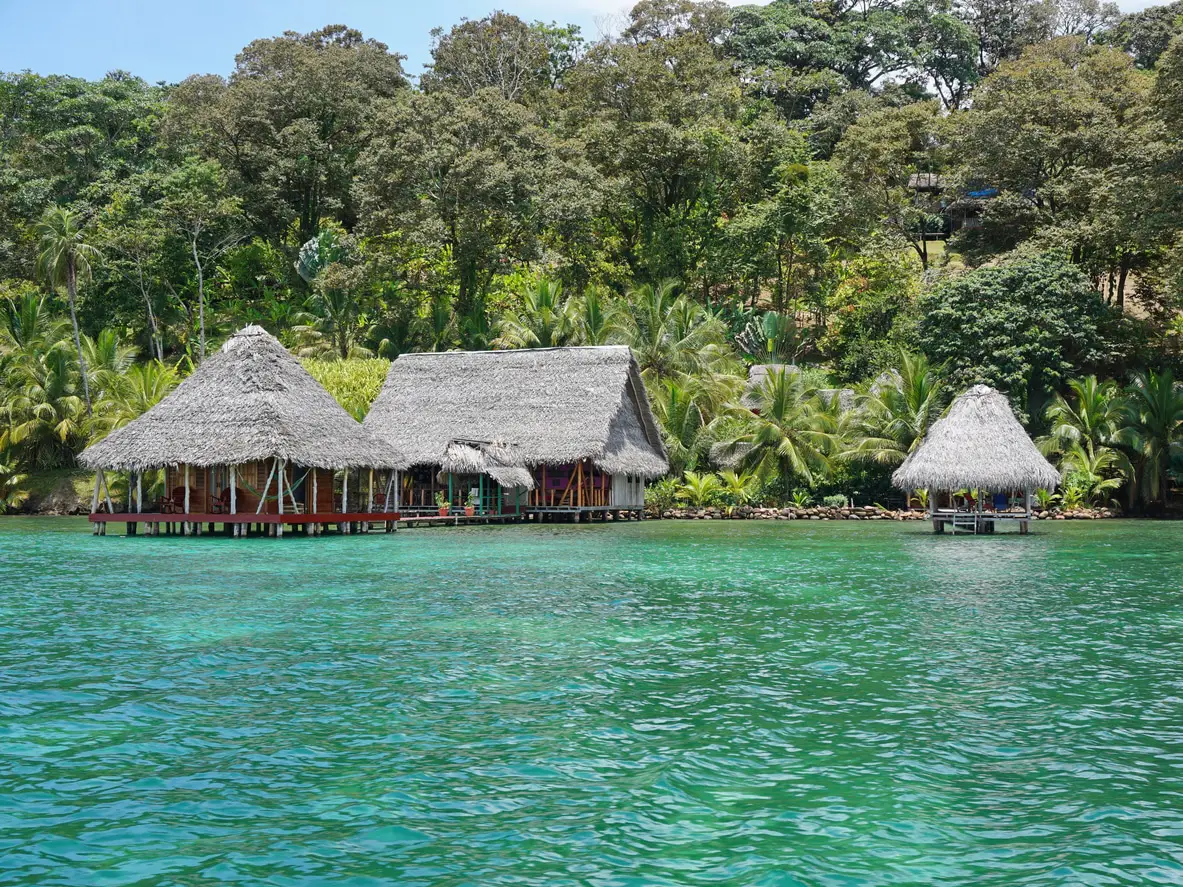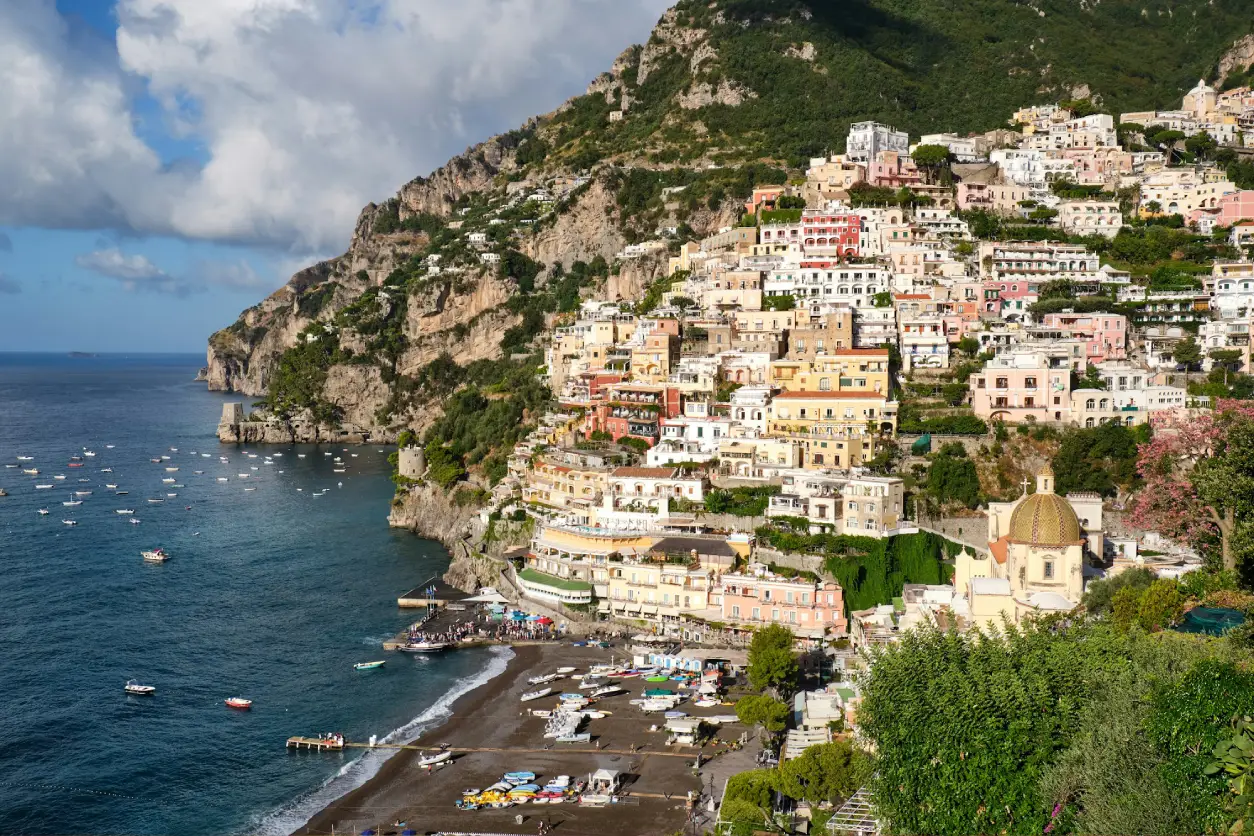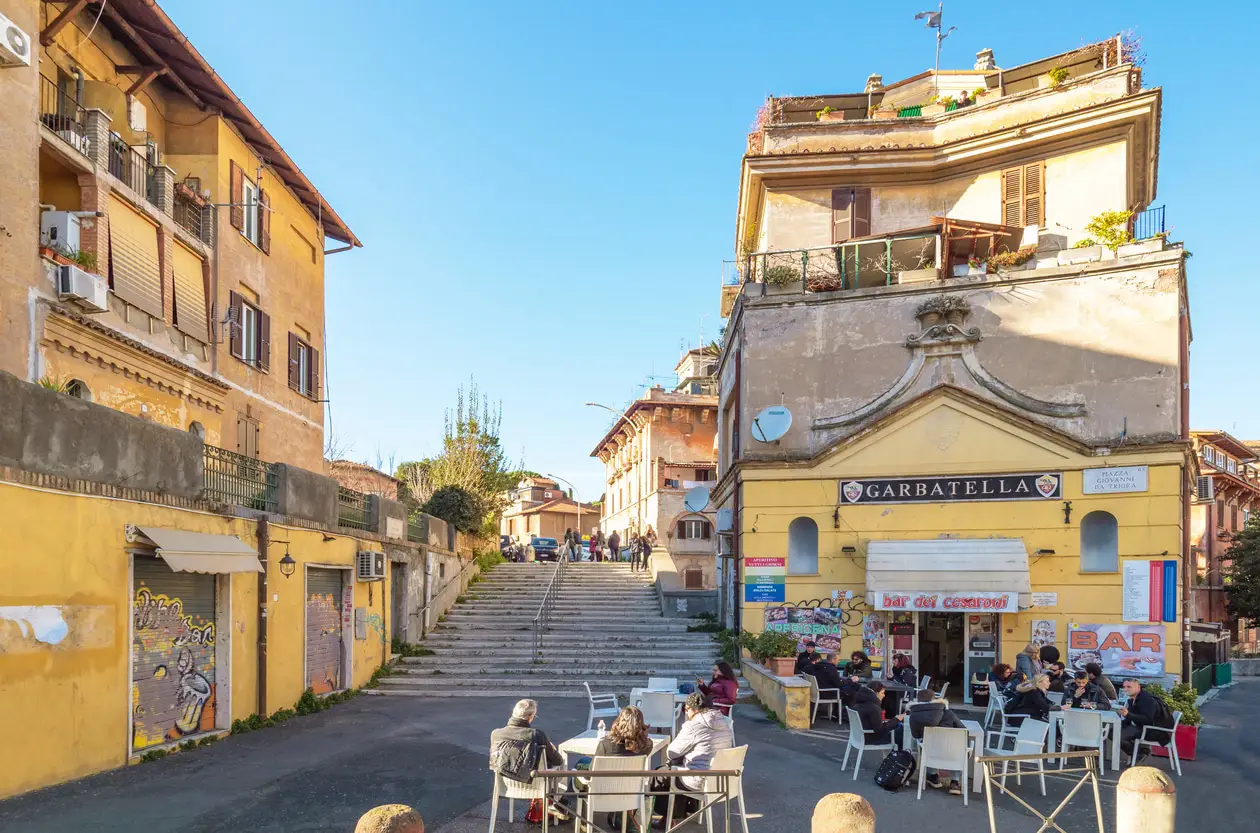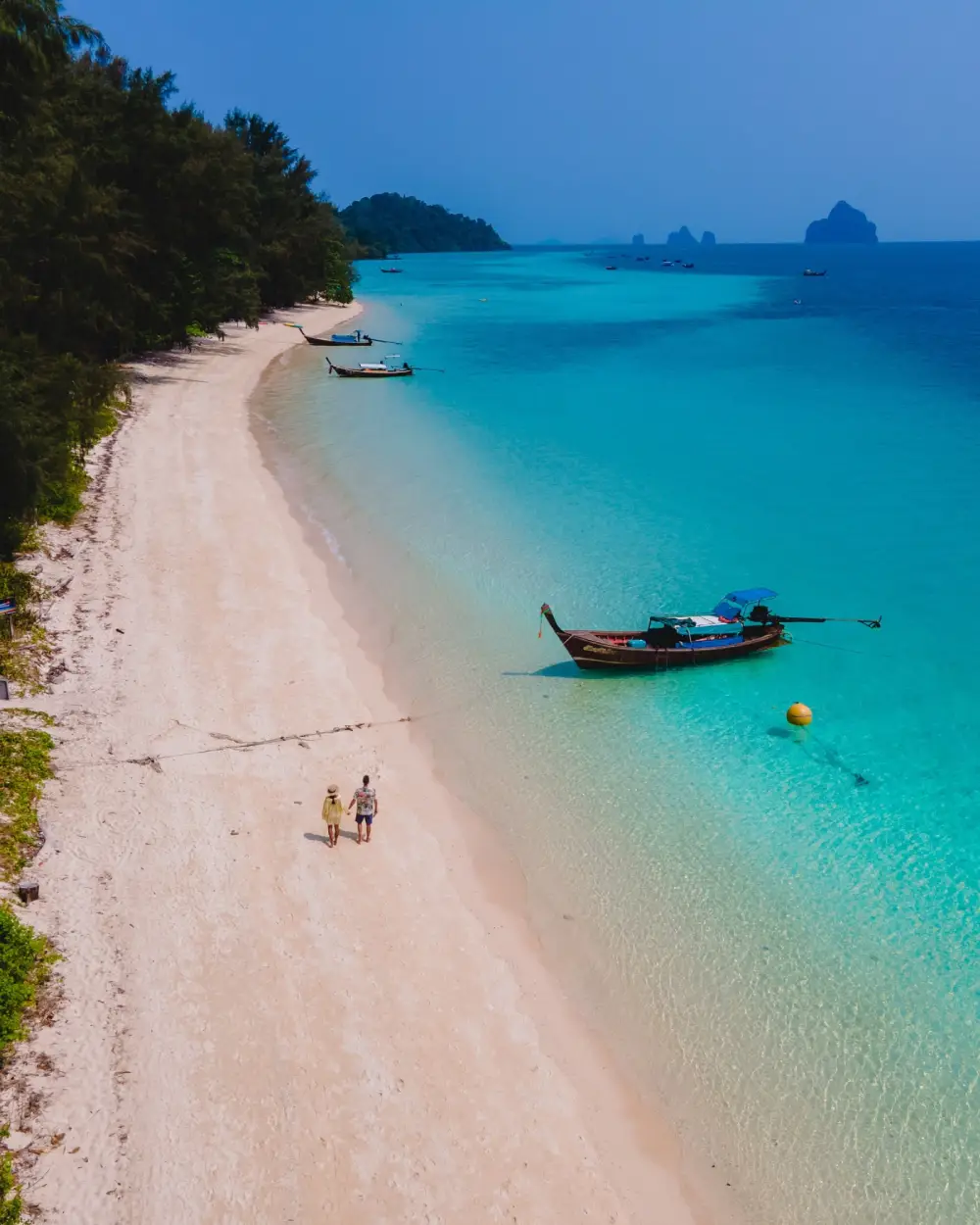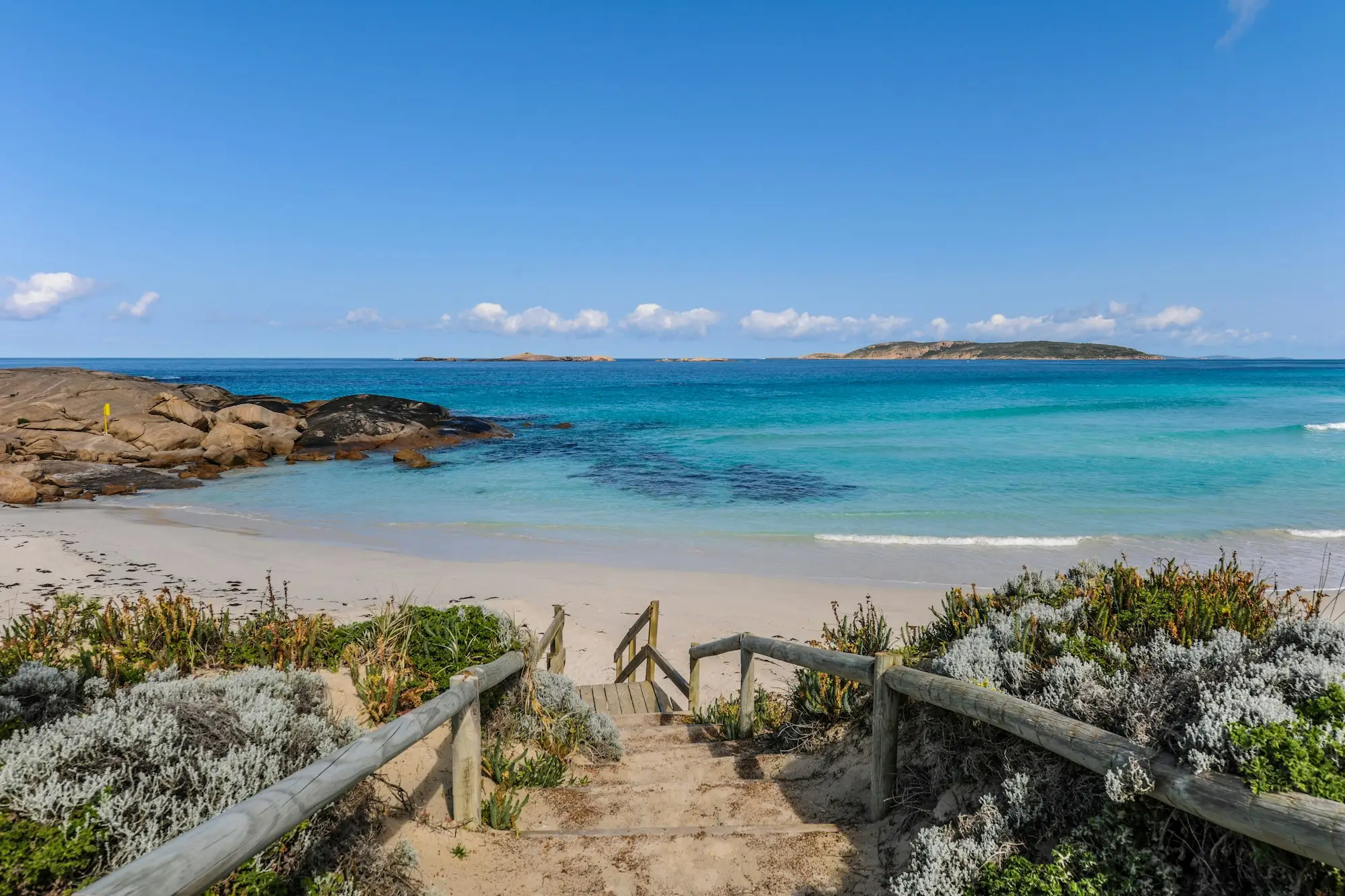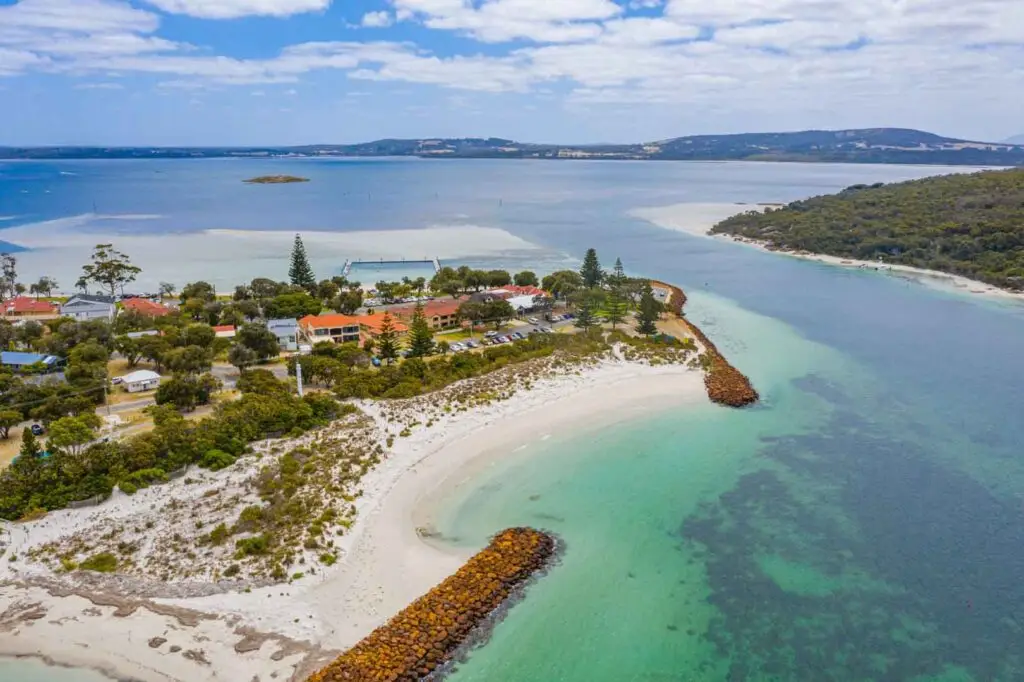Why Sustainable Travel Matters Now More Than Ever
Travel isn’t just about taking insta-worthy pics, exploring new cultures or trying dishes you can’t even pronounce. It’s about immersing yourself in different perspectives and understanding the world beyond the surface. But let’s be real—our wanderlust comes with a price. Every plane ride, road trip and even that dreamy boat tour has a carbon footprint. And when a hidden gem becomes the new hot spot, it can disrupt local ecosystems and communities in ways we don’t even know.
But here’s the thing: travel doesn’t have to be a bad thing. In fact it can be a win-win for both the adventurer and the places we visit. Travel can help us practice empathy, appreciate cultural diversity and support the people and places we meet. It’s all about being thoughtful and making choices that leave a positive impact.
So if you’re looking to be a more conscious traveller on your next trip here are some practical tips—and a few awesome destinations—to help you travel green without sacrificing the fun.
Plan Your Trip with Sustainability in Mind
One way to travel sustainably is to calculate your likely carbon expenditure and offset the cost. However, when planning your next getaway, you can reduce your likely carbon output by choosing destinations that prioritize sustainability. Some countries and regions actively promote initiatives supporting the local environment, and communities are building sustainability into travel planning. Look for eco-resorts, areas focused on conservation efforts, or communities touting their green initiatives.
Notable “green” destinations include:
- Bhutan: a rare CO2-negative country, Bhutan measures its success based on Gross National Happiness and includes environmental conservation as a key component.
- Costa Rica: Costa Rica is a global leader in biodiversity conservation, with more than 25% of its territory designated as protected areas or national parks.
- New Zealand: New Zealand is renowned for its conservation initiatives, including extensive national parks and marine reserves.
Choosing green accommodations is also a significant step towards sustainable travel. Look for hotels or lodgings with eco-certifications like LEED, EDGE, EU Ecolabel, Green Globe, or Green Key. Farm stays, Eco-Villages, and Eco-lodges (find them on sites like Ecolodger and ecobnb) are often in stunning natural settings. Accommodations of this style are designed to minimize environmental impact while helping visitors embrace local culture and hospitality. Staying in a bed and breakfast is another sustainable option. It supports the local economy (and small business owners) and provides a more personalized and authentic experience. Try searching Agoda or booking.com for in-destination options.
Eco-Friendly Transportation
Public transportation is one of the best ways to reduce your carbon footprint while travelling. Trains, buses, ferries, and other public transit options are more environmentally friendly than flying or driving alone and may also be more convenient. Rome2Rio is a great app to look at before you go to help you gauge what kinds of transportation options will be available when you arrive.
Exploring cities by bike or on foot is a great way to reduce emissions. Some countries are also actively investing in carbon-free transport options to help everyone’s commute be that much greener. Consider destinations like:
- The Netherlands: which is renowned for its biking culture.
- Japan: With its high-speed mass-transit trains and walkable cities.
- Norway: A world leader in embracing zero emissions transport.
For trips that require a car, consider carpooling or renting electric vehicles. Car-sharing apps like Turo or Getaround make it easy to find a ride, and many car rental companies offer the option to rent an electric car, making a road trip both fun and eco-friendly.
Pack Light and Smart
Packing light not only makes your travels easier but also reduces the environmental impact of your trip. Every extra kilo of luggage requires more fuel, so pack only what you need. Invest in eco-friendly travel products such as reusable water bottles, bamboo toothbrushes, and sustainable clothing made of natural materials that won’t expel microplastics into the environment.
Minimalist travel by creating a capsule wardrobe makes packing more efficient. Choose versatile, mix-and-match pieces so you’re prepared for different climates without overpacking. This not only lightens your load but also supports sustainable fashion. Patagonia is a company that’s committed to sustainable fashion and has many great options for travellers no matter where you’re going. Yeti offers great reusable bottles and stressed-tested backpacks that travel well and stand the test of time.
Support Local Economies
Supporting local businesses is key to sustainable travel. When you shop, ditch the mass-market t-shirts and buy local artisans. Visit craft markets to make sure your money goes back to the local economy. Supporting local craftsmanship reduces the carbon footprint of making and transporting goods.
Items such as:
- Locally made fruit and veggie preserves
- Shampoos, lotions and soaps from local female entrepreneurs
- Handmade bags, scarves and wallets
- Other sustainable/handmade crafts
To make sure you’re buying locally made products do some research before you go to help you find reputable local artisans or traditional crafting techniques in your destination. Once you’re in your destination, look for local art markets and bazaars that sell handmade items. Some countries will also have certifications that guarantee the product was made locally, sustainably and fairly. Don’t discount the advice of locals either! They will be able to recommend places or items that aren’t in your guidebook or online. Your host, in-country guide, concierge or even the server at a restaurant may be able to point you to places or items that are off the beaten track.
Eating locally is another way to support the community. If you’re a foodie put these destinations (and their local sustainable food scenes) on your bucket list:
- Slovenia: Ljubljana has been recognized for its green cuisine, with many restaurants offering dishes made from locally sourced, organic ingredients.
- Italy: Bologna, in particular, is renowned for its emphasis on local cuisine, which uses traditional methods and local ingredients.
- Spain: Barcelona is a critical player in the Slow Food Movement, which promotes local food traditions and biodiversity.
Eating local enhances your culinary experience and reduces the environmental impact of food transportation. Once again, before you arrive, do your research to uncover eateries that may be close to your destination. The Michelin Guide offers Green Star-rated restaurants for sustainable dining options and apps like HappyCow can point you towards vegan-friendly options. Asking around will help you find places that are well-loved by locals.
Seek out farm-to-table restaurants that use locally sourced ingredients and look for certifications such as Marine Stewardship Council that certify the establishment follows sustainable practices when sourcing ingredients. Visit farmers’ markets as well! Many have ready-to-eat options so you can enjoy delicious regional fare on the go. You’ll be supporting local growers while enjoying seasonal meals.
Respect Natural Habitats
When travelling, respect the natural habitats of the places you visit. Engage in wildlife conservation efforts and choose responsible ways to interact with animals. Opt for tours and activities that prioritize the well-being of wildlife. You’ll have your pick of many unique destinations to choose from, including:
- Belize: The Hol Chan Marine Reserve promotes sustainable snorkelling and diving to protect the coral reefs and marine life, while Cockscomb Basin Wildlife Sanctuary is renowned for its jaguar conservation efforts.
- South Africa: The country’s famed Kruger National Park offers guided safaris focusing on ethical wildlife viewing.
- Ecuador: The Galápagos National Park enforces strict guidelines to protect its unique ecosystem. Only licensed guides accompany visitors to ensure respectful interactions.
Adopting the Leave No Trace principles is crucial for minimizing your impact on the environment. Whether hiking in national parks or camping in the wilderness, ensure you leave nature as you found it. Pack out all trash, stay on marked trails, and avoid disturbing wildlife. Protect other delicate ecosystems by cleaning your hiking boots and shoes before and after visiting agricultural areas. Avoid stacking rocks, displacing items in natural environments, or carving into trees or the natural landscape. Lastly, respect local laws that prohibit the removal of flora, fauna, driftwood, feathers, or shells.
Engage in Eco-Tourism Activities
Sustainable adventures can be enriching and memorable. Participate in eco-friendly activities and tours that focus on conservation and sustainability.
There are fantastic eco-tourism experiences to be had around the world, including:
- Hiking the Inca Trail: The Peruvian government regulates the number of hikers to preserve the trail and archaeological sites. Trekking tours employ local guides and porters, ensuring economic benefits for Andean communities.
- Exploring the Moroccan Sahara: Many eco-friendly tours are designed to highlight traditional Berber culture. During the tour, participants experience traditional camel caravans and overnight stays in Berber tents, enjoy traditional music, and visit local markets and cooperatives that produce traditional crafts such as rugs and pottery.
- Supporting agrotourism in Italy: Visitors can experience rural life in regions like Tuscany by staying on working farms and participating in agricultural activities. During their stays, expect farm-to-table dining, wine tasting, and the opportunity to harvest olive oil seasonally.
Voluntourism is another way to make your travels more meaningful. Combine your passion for travel with volunteer opportunities that benefit the environment. You can participate in anything from beach clean-ups to reforestation projects or spend time with local and at-risk communities. These experiences both contribute to the local environment and provide a deeper connection to the communities you visit.
Stay Green While Traveling
Sustainable travel means making conscious choices that benefit the environment and local communities. By incorporating eco-friendly travel into your adventures you reduce your environmental impact and have amazing experiences. From choosing green accommodations and transportation to supporting local economies and eco-tourism activities every small step counts.

